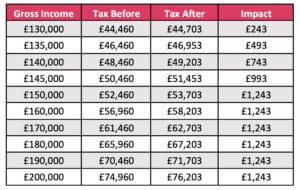 The Cost of Care
Previous post
The Cost of Care
Previous post
Meet the Team Member: Debbie Brant
Next post




